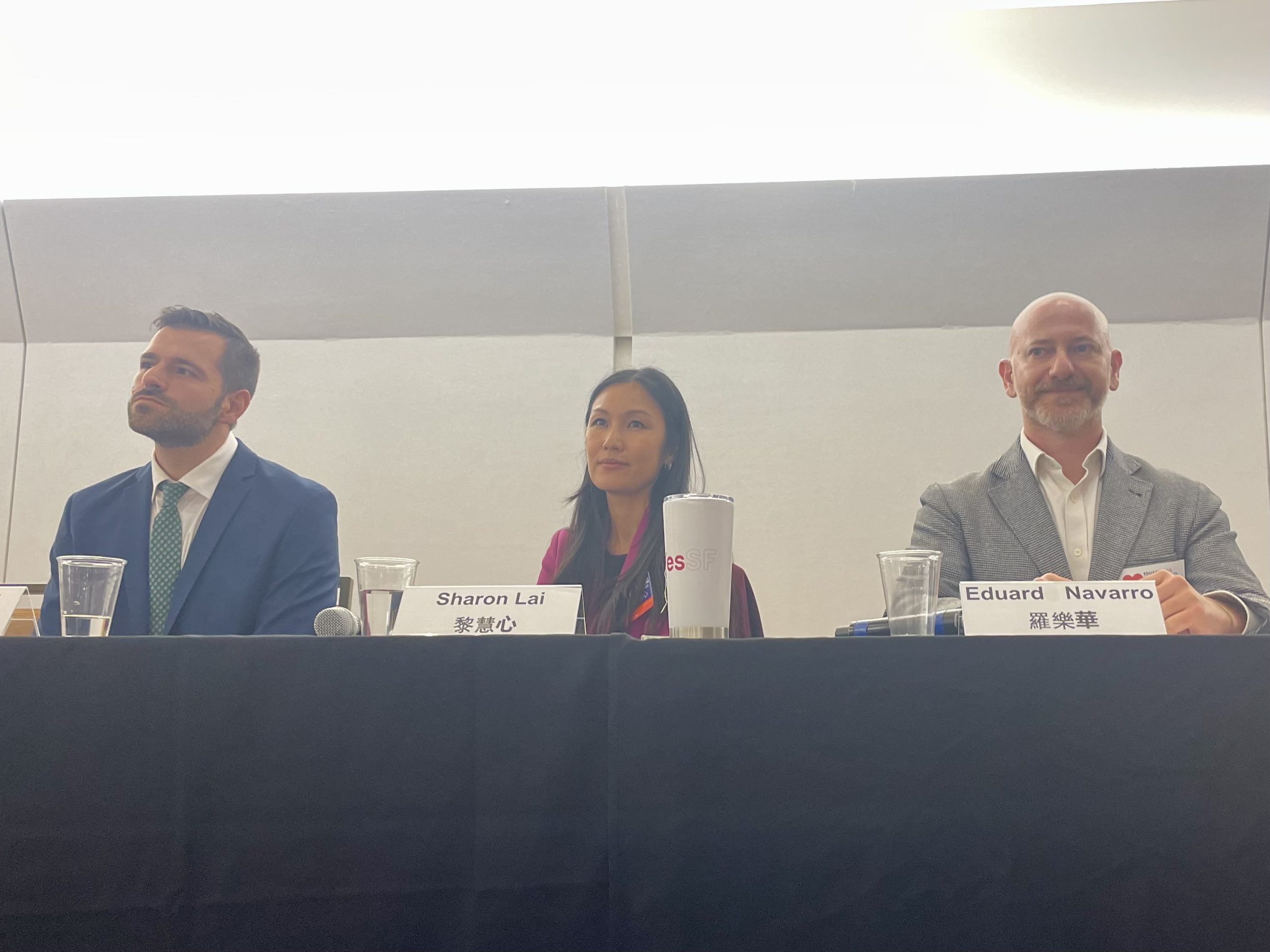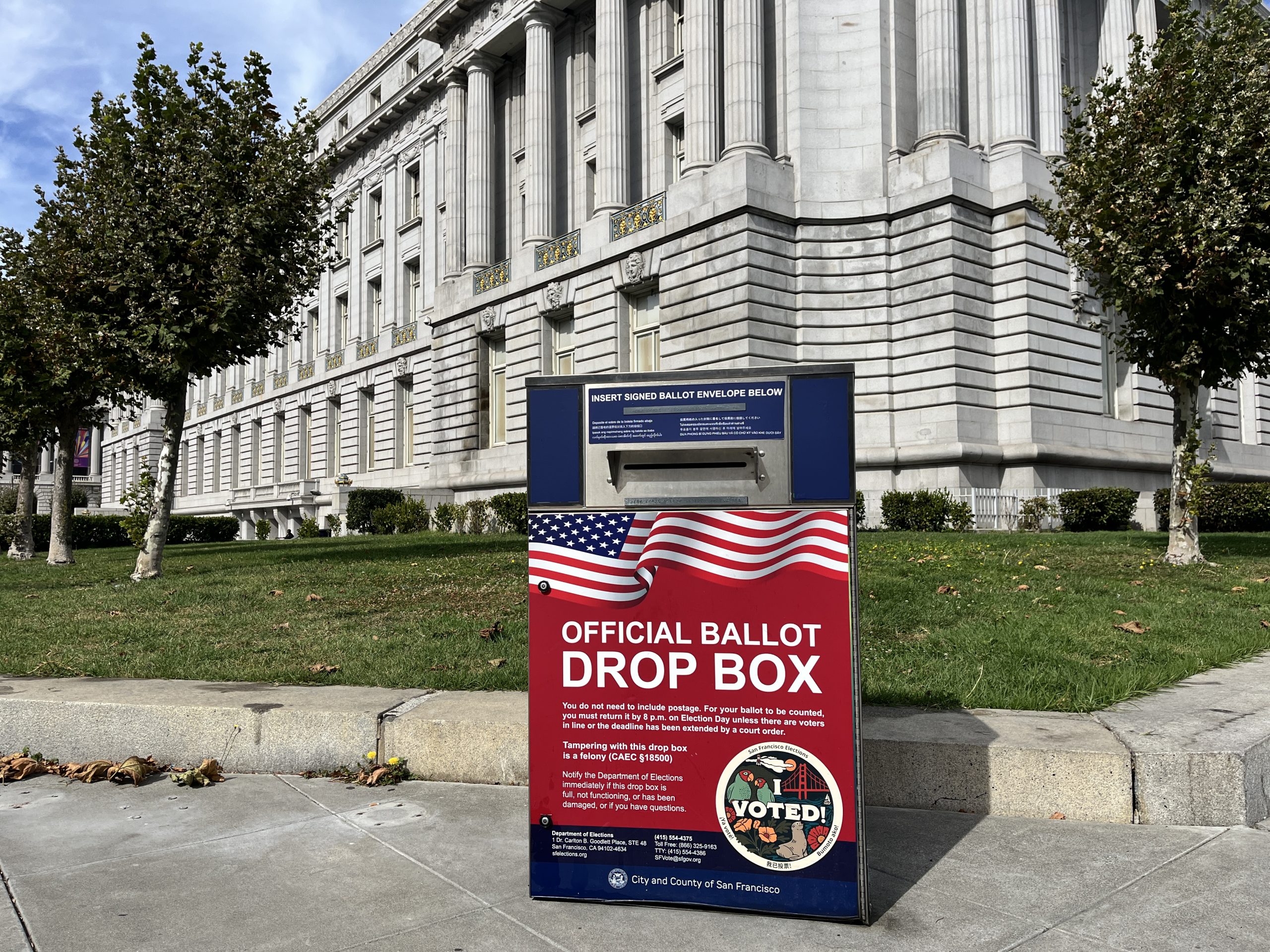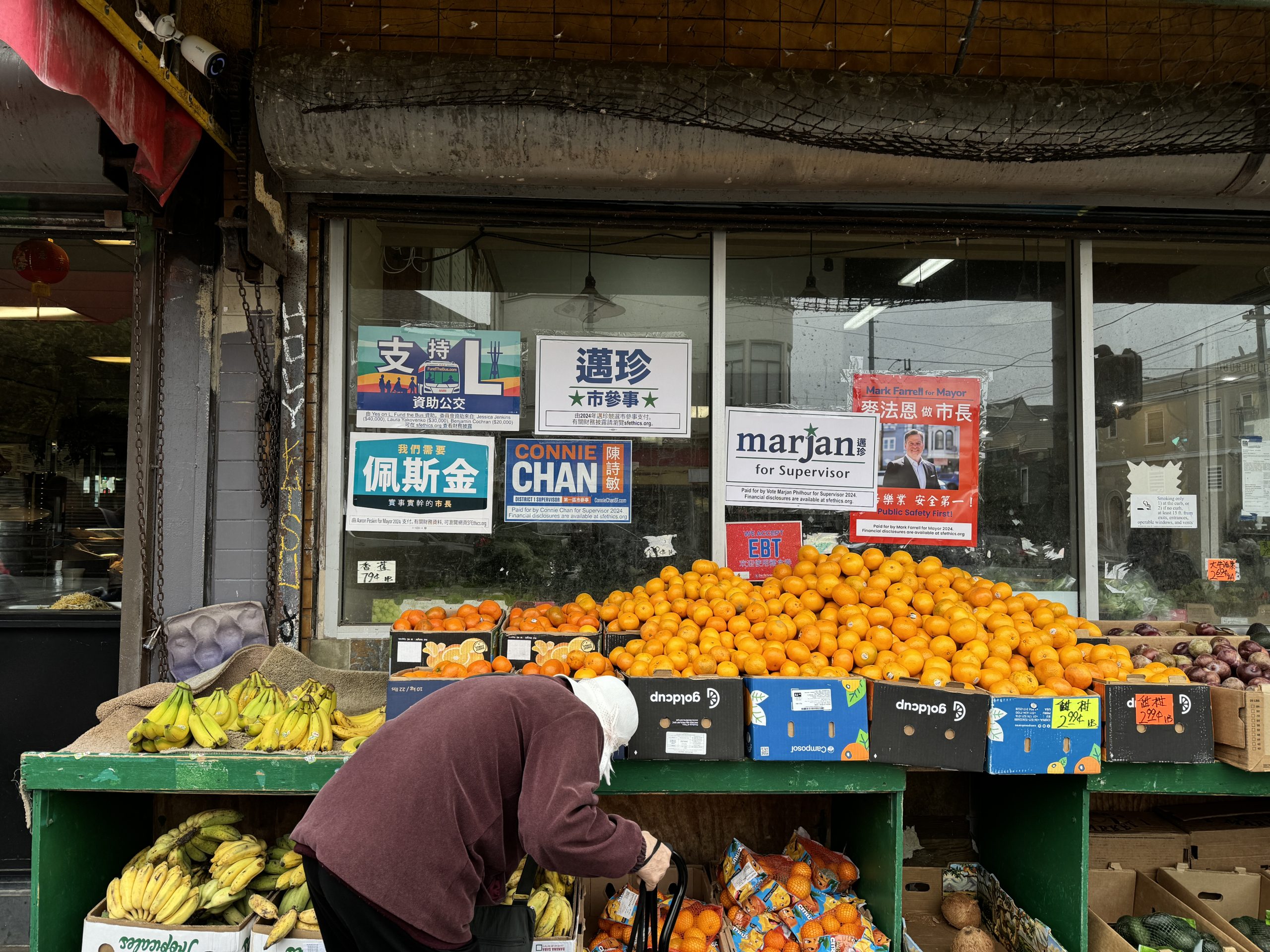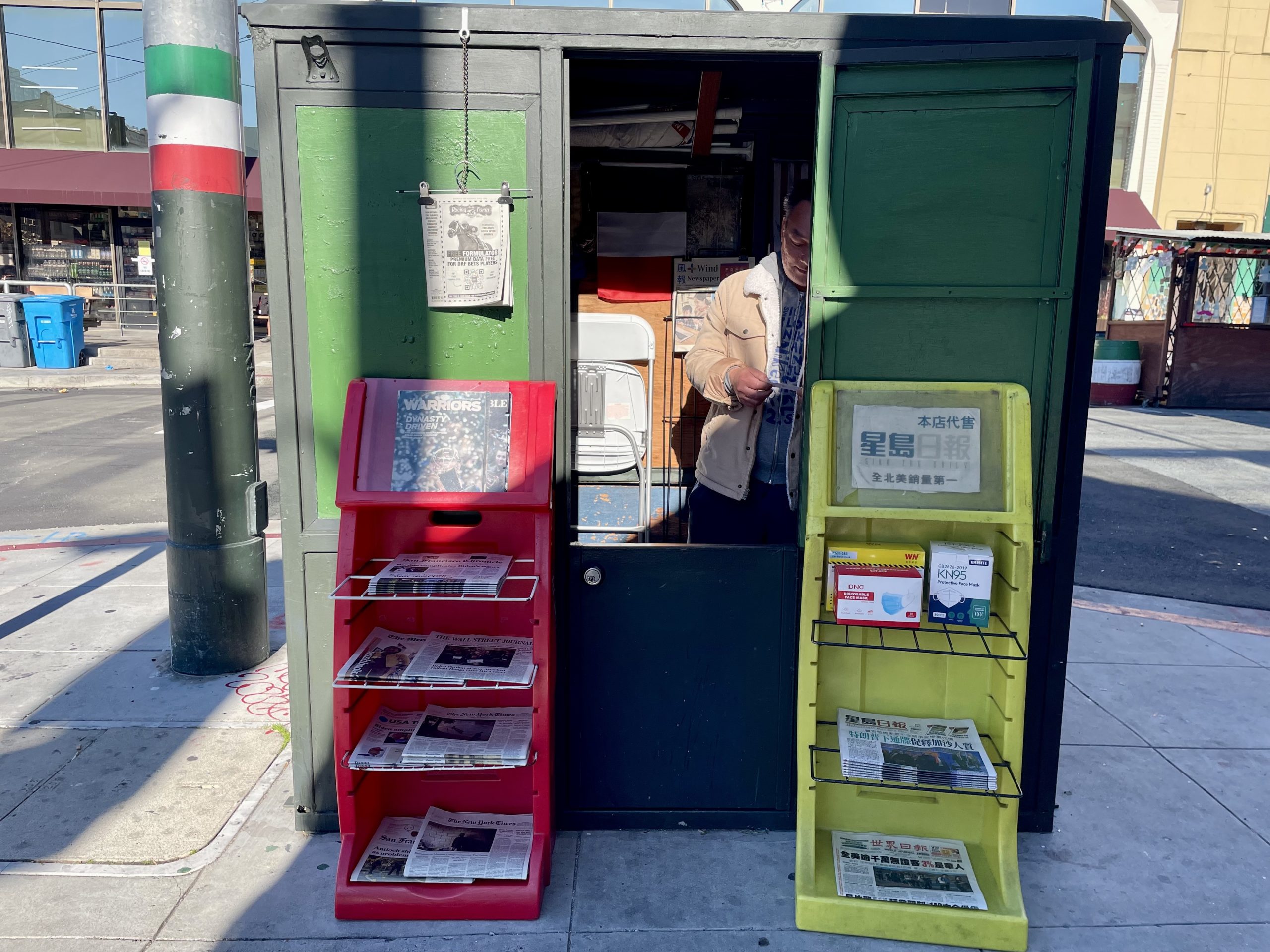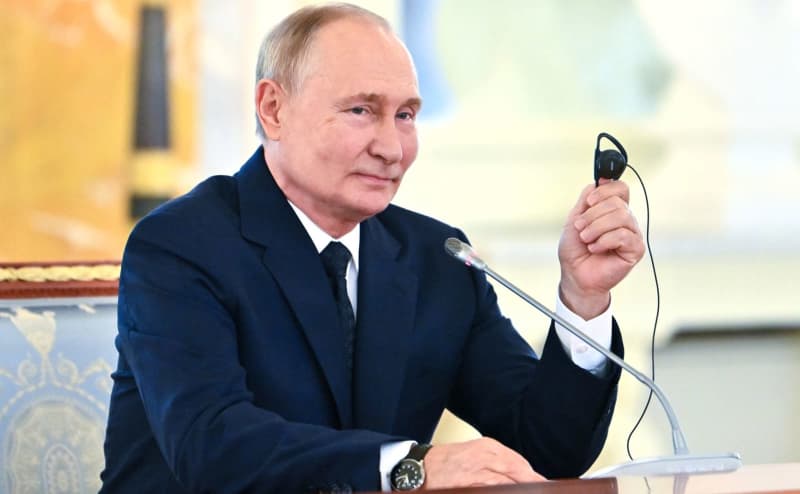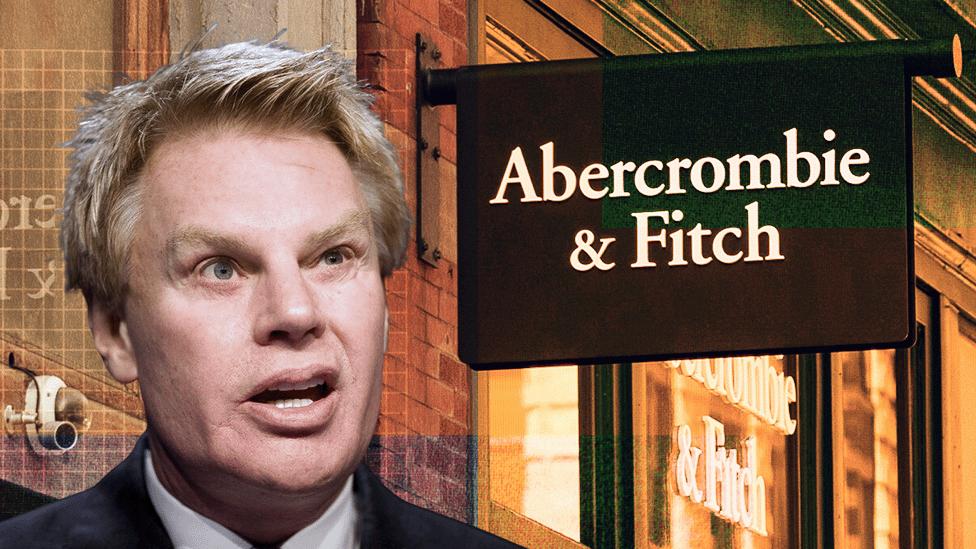[ad_1]
Residents who listened to Friday night’s District 3 forum witnessed a supervisor race speeding toward a conservative endpoint, with five candidates poised to replace Supervisor Aaron Peskin often collectively supporting tough-on-crime measures and police commission reforms while opposing reparations for Black Americans.
The sixth candidate, Wendy Ha Chau, didn’t attend the forum.
The direction was led by candidate Matt Susk, who previously worked in private real estate and who is endorsed by organizations like the big-money groups Neighbors for a Better San Francisco and ConnectedSF, which is largely funded by Neighbors; San Francisco Association of Realtors; and the San Francisco Police Officers Association.
Among the three leading candidates, Sen. Scott Wiener’s pick, Danny Sauter, occasionally emerged as the more progressive voice on stage, surpassing his two Peskin-endorsed competitors. He was the strongest pro-reparations voice, for example, among the candidates. The latter includes Moe Jamil, a deputy city attorney, and a self-identified “non-YIMBY moderate,” and Sharon Lai, a former board member at the San Francisco Municipal Transportation Agency, who perceives herself as being at the “center in the San Francisco spectrum of politics.”
The candidates appeared to be playing to a less progressive base in the room. Some 200 audience members, mostly Chinese-speaking seniors, participated at the Friday debate at the Chinese Culture Center on Kearny Street.
For one thing, none of the five candidates expressed support for the reparations proposal for the descendants of slaves in San Francisco, an option that was put off the table for the city at the end of last year. District 3 has one of the lowest percentages of Black residents — only 3.85 percent of the population.
Susk started off with a staunch objection to reparations. “I still haven’t fully understood … why San Francisco would be on the hook to pay out over $1 billion to folks here,” he said, adding that reparations are “something I wanted to study more.”
Jamil proposed to focus on anti-gentrification and anti-displacement strategies instead of reparations, candidate Eduard Navarro questioned the effectiveness of reparations, and Lai pitched for providing more education and vocational training opportunities.
Sauter was the only one who explicitly stated that San Francisco needs to take responsibility for the country’s history of forced enslavement. “San Francisco itself is not immune to an ugly past and ugly history,” he said, acknowledging that though some of the recommendations by the Reparations Task Force are difficult to implement, “there are some that can be implemented and should be implemented quite quickly.”
Four of the five candidates who attended Friday’s forum support Proposition 36, a November California ballot measure that would roll back portions of Prop. 47, allowing felony charges for thefts under $950 and possessing certain drugs if the person has two past theft or drug convictions.
“We have to be careful of the progressive echo chamber,” said Jamil. “We need to make sure that people do not come to San Francisco to commit those crimes,” said Susk.
Navarro declined to address Prop. 36 directly. Instead, he elaborated on the specific penalties for felonies and misdemeanors. “I don’t know that it’s the nature of the punishment that really incentivizes somebody not to commit the crime,” he said. He called for a more holistic examination of the situation, mentioning trade-offs including prison populations, cost of the state and the impact of incarceration track record on people’s life.
“What is not true is that stealing less than $950 is free,” he said.
Similarly, when asked whether the San Francisco police commission has too much power, three candidates supported reforming the commission. Navarro declined to elaborate his ideas for the commission, while Lai emphasized the importance of competent commissioners.
The commission came under attack last year after one of Mayor London Breed’s appointees, commissioner Max Carter-Oberstone, failed to support Breed’s proposal to expand police powers and potentially curtail the commission’s power. Prop. E passed in March and loosened police rules; Lai was the only one among the five candidates who voted against it. Prop. D on November’s ballot would further weaken the police commission, as it would give the police chief sole authority to adopt rules governing police officers’ conduct.
Jamil called for a “wholesale change on the police commission” to improve morale. “I think the commission has gone way too overboard on micromanaging,” he said. Jamil is endorsed by Debra Walker, a police commissioner who faced pushback earlier this year because of doubts regarding her commitment to the commission’s oversight mandate.
Susk went one step further, proposing to add police officers to the commission that’s tasked with overseeing those same officers. “I will make sure that one retired officer is put on the police commission and one active duty officer is put on” the commission, he said. In fact, only the mayor or a majority of supervisors have the power to appoint to the police commission.
The debate was organized by the Coalition for Community Safety and Justice, and moderated by Sarah Wan, the executive director of Community Youth Center, and Joyce Lam of the Chinese Progressive Association.

Candidates generally agreed with each other on most issues including community safety, supporting victims and Chinatown residents. The almost only notable discord arose when Lai pressed Sauter for a response about his acceptance of $4,000 from Govern for California, which is currently under state investigation for bundling donations. Sauter ignored Lai’s question.
During the rest of the night, Susk firmly and comfortably went down the conservative path as a way to differentiate himself. He proposed stopping any program to give affordable housing to “people who are addicted to fentanyl without abstinence requirements,” blamed San Francisco for vilifying tech companies, pitched to make sure people pay for the buses “so that people feel safe,” and expressed strong disapproval of the San Francisco Bicycle Coalition.
“We cannot let the Bike Coalition continue to control our streets and shut down every street in this city one by one,” he said.
In comparison, Jamil leaned progressive on issues like tenants rights. Still, one incident that has been discussed in Discuss 3 was his wording in a recent forum, which echoed Donald Trump.
“I want to erect, almost a wall, on the district line to make sure that those encampments and drug dealers, and whatnot are not in District 3,” said Jamil in an Aug. 24 forum.
“I used the metaphor of a wall as a way to illustrate the degree to which I will protect the safety of the people of District 3. I clearly didn’t mean building a physical wall,” Jamil wrote in a Tuesday newsletter to supporters in response to questions from competitors and voters. Despite the controversy, Jamil’s main endorser, District 3 incumbent supervisor and progressive leader Peskin, still presented at events with Jamil.
Jamil’s competitors apparently think otherwise. Sauter believes “an authentic apology” is still necessary, “especially given what we’re seeing on the national level right now, it’s very ugly rhetoric and it’s dangerous rhetoric.”
“It’s dangerous and unhelpful to the community to use words that could incite actions that are not inclusive,” said Lai.
Recently, the similarity of Lai and Sauter’s positions on many issues has sparked rumors that they are partnering for the ranked-choice election. The speculation has been further fueled by some recent endorsements that have chosen both of them, including those from the Alice B. Toklas LGBTQ Democratic Club and the San Francisco Young Democrats.
Although negotiations between campaigns have been taking place, candidates confirmed, none of the five candidates have decided their ranked-choice strategy.
The only exceptions are Sauter and Jamil, who are mutually exclusive to each other. “I can’t imagine myself working with Moe,” said Sauter, while Jamil stated, “No alliance with Danny.”
[ad_2]
Source: missionlocal.org

